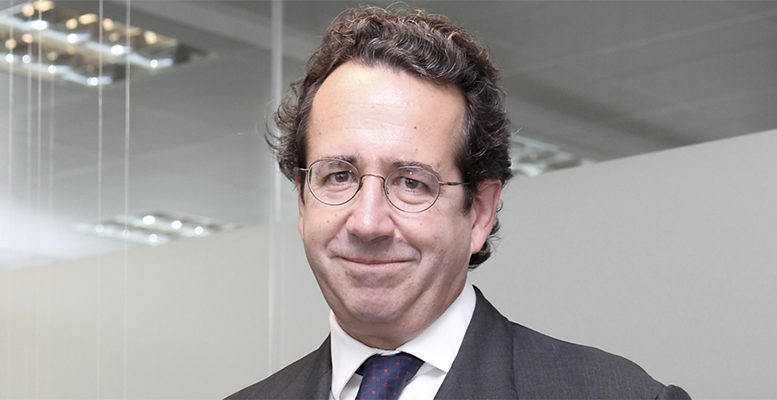One of the main fears of the advertising industry today seems to be the emergence of a distruptive force similar to Uber or Airbnb. Alfonso Rodés, who has been Deputy CEO of Havas Media Group since 2011, explains why the sector is not so different from the hotel industry.
Q: The crisis has affected the sector a lot. Advertising prices have declined drastically, many advertisers directly plan their own campaigns, the offers from the big companies are more and more similar…Where do you think this is all going? What is the map of industry operators going to look like? What do you think will be the ‘drivers ‘of the future?
A: The direct relationship between advertisers and the media has existed for many years, particularly since Mr Berlusconi revolutionised the commercial departments of Italy’s television channels…I am talking about the 1980s. We advise the client which are the best options to obtain the results they are after. This is not new. The fact there is little differentiation amongst the agencies is a big challenge: if we are not capable of successfully packaging our value-added, our job becomes a commodity.
Looking ahead, what worries me more is the emergence of new operators, the contributions technology can make, and consultancy firms entering the sector. They have a good reputation amonst the big brands, as well as the resources to invest in technology. But what concerns me the most is that a disruptive forcé appears on the scene, like Airbnb in the hotel sector or Uber in the transport industry. It’s difficult to say today what we would need to do to compete against this.
Q: Could there be an ‘advertising Uber’?
A: Why not? How are we different? Look at Airbnb in the hotel sector. Starwood and Marriot are merging to create the world’s leading hotel chain, with a market capitalisation of $13 billion. Airbnb is completing a near $30 billion capital hike and, without having one hotel or one hotel room, will more than doublé the capitalisation of the top global chain.
Q: Faced with these fears –of a disruptive force arriving on the scene– what can be done? And what is being done?
A: Four years ago we started to combine all the disciplines in one building, to break down barriers so they get to know and undertand each other and learn to collaborate. It’s an amazing change in mentality. Joining together ten disciplines radically alters the way we provide added value for clients. This is what we believe is the present and the future of communication. The digital transformation has drastically improved consumer experience, as Spotify, Uber or Airbnb demonstrate. In our case, we have created a much more confusing environment for the client and the consumer than there was ten years ago. We are helping to make our client’s experience simpler.
Q: In Spain, you manage the accounts of Santander, El Corte Inglés, Repsol, Mango…how do you see the brands and the advertising market in our country?
A: The market has perked up, but the political situation in the first half of this year has not helped much. Everything has slowed down. But I am optimistic and hope that the politicians do their homework properly so that in the second half an improvement in the Spanish economy is noticeable. Spanish brands, after eight years of crisis, have emerged much stronger. And they are more solid than 30 years ago.
Q: What do you think the overseas perception is now of Brand Spain?
A: During the crisis years, when I travelled to Asia or Latin America, if I said I was from Spain, the tone of the conversation was negative and pessimistic. So I said I was from Barcelona and that was much better. Nowadays I can again say I am from Spain. There is a more positive perception of Spain outside than there is here. People outside have the idea that Spain has done its homework well. Here we continue to criticise without doing anything. As we always do.





